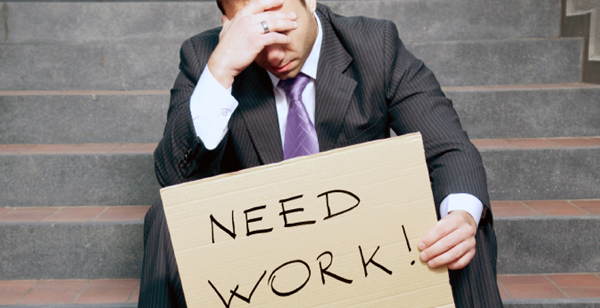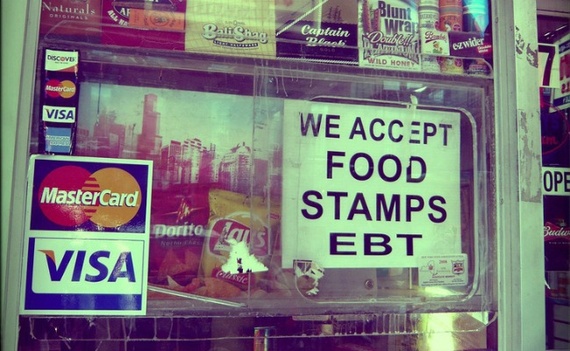You’re Not As Busy As You Say You Are

The Article: You’re Not As Busy As You Say You Are by Hanna Rosin in Slate.
The Text: Are you too busy? You should be, and you should let people know in a proud but exasperated tone. Like this, from an old colleague I recently asked for advice: “I would like to help but I can not. I am desperately trying to finish a screenplay and a talk I need to give in Milan. Once I get an assistant I will be happy to help!” Or this, from the website of a researcher I know: “I work roughly 100 hours a week and am getting more and more behind as the years go by. I am simply unable to keep up with demands on my time let alone handle more requests. I feel extremely guilty about this, but it’s important that I push folks away so that I can continue to produce research and do the work that I do.”
Desperate and need to give a talk in Milan. Unable to keep up and do the work that I do. The art of busyness is to convey genuine alarm at the pace of your life and a helpless resignation, as if someone else is setting the clock, and yet simultaneously make it clear that you are completely on top of your game. These are not exactly humble brags. They are more like fretful brags, and they are increasingly becoming the idiom of our age. In her new book, Overwhelmed: Work, Love, and Play When No One Has the Time, Washington Post reporter Brigid Schulte calls this cultural epidemic the “overwhelm,” and it will be immediately recognizable to most working adults. “Always behind and always late, with one more thing and one more thing and one more thing to do before rushing out the door.” Muting the phone during a conference call so no one can hear soccer practice drills in the background, stepping over mounds of unfolded laundry, waking up in a 2 a.m. panic to run over the to-do list, and then summing up your life to your friends—in the two seconds you dedicate to seeing your friends—as “crazy all the time” while they nod in agreement.














